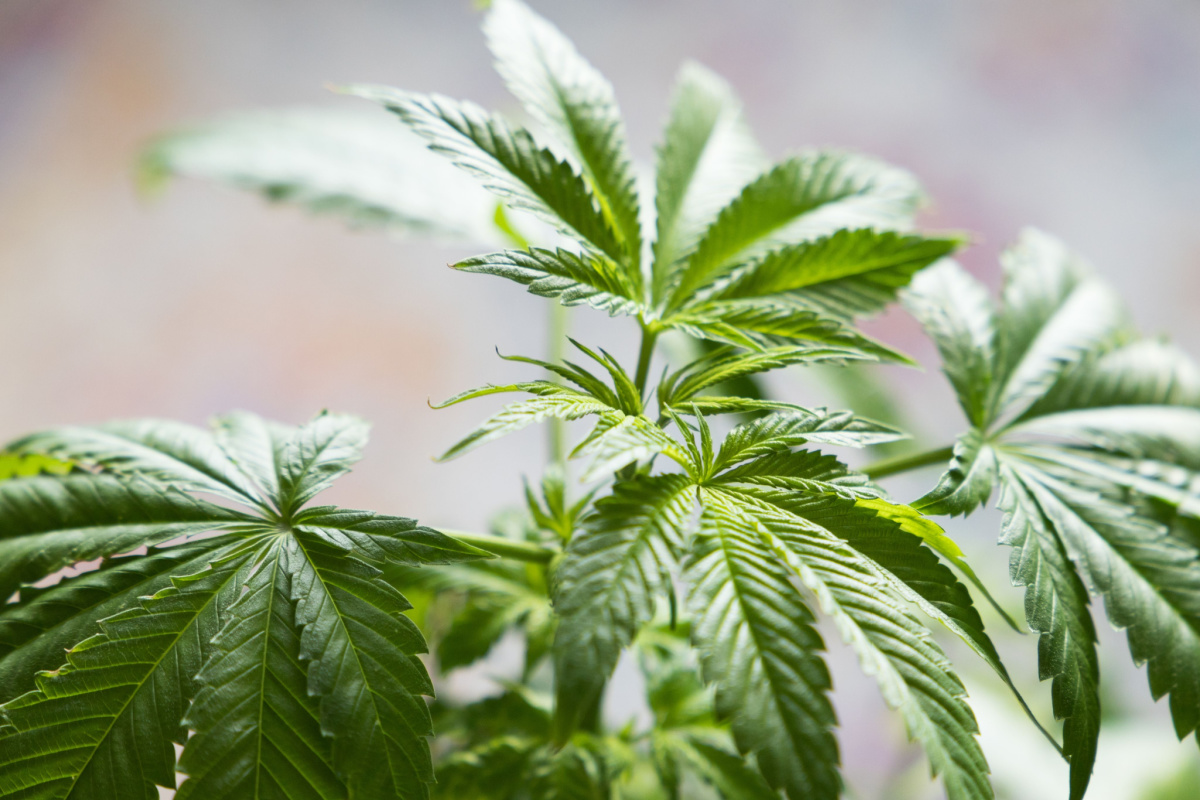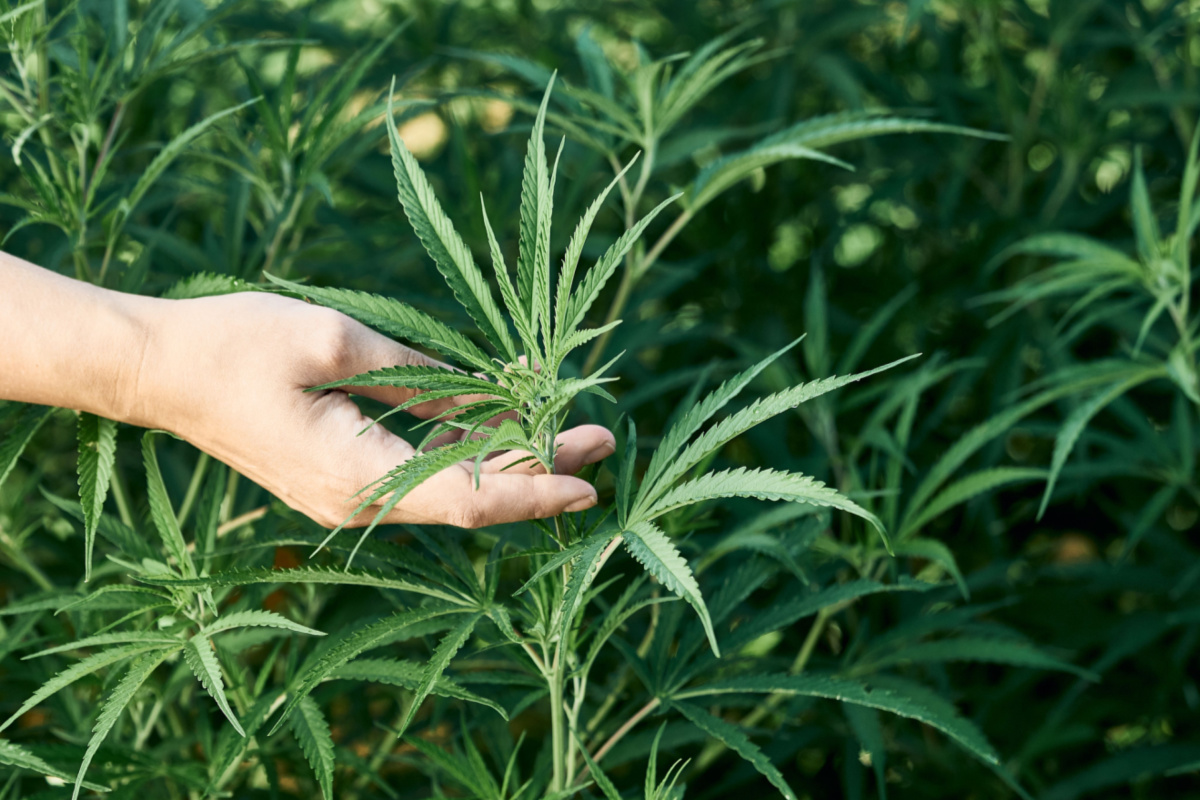There is a lot of buzz right now about CBD, THC, and the Deltas. Everywhere from slick dispensaries to corner convenience stores are offering a wide selection of products. While the compounds Delta 8 and Delta 9 are similar, there are major differences.
What are Delta 8 and Delta 9?
Delta 8 and 9 are cannabinoids. They are two of the compounds that give marijuana users a high. However, each cannabinoid affects the human body differently.
How Does Delta 8 Affect the Body?
Delta 8 binds with the Cannabinoid receptors C1 and C2. Here are some of the benefits that can be expected when consuming Delta 8:
- Relief from pain
- Better Sleep
- Euphoria and general relaxation
- Relaxing of the nervous system
- Stimulation of Appetite
- Combats over-stimulation
- Anti-Inflammatory effects
Generally, Delta 8 is considered a milder compound. Since THC is still present, psychoactivity can occur.
How Does Delta 9 Affect the Body?
Delta 9 binds with the C1 Cannabinoid receptor. It creates the typical high most people are familiar with in movies and television. Delta 9 effects include:
- Euphoria and general relaxation
- Feelings of happiness or exhilaration
- Reduced pain
- Reduces anxiety, including social anxiety
- Increase sex drive
- Improved imagination
Delta 9 is also helpful in treating the side effects of many major diseases. Cancer patients are often riddled with pain and nausea. Delta 9 can help the appetite and reduce pain. The compound can also alleviate the symptoms associated with epilepsy and multiple sclerosis.
How are Delta 8 and Delta 9 Used?
The delivery system options for Delta 8 and Delta 9 are inhaling or ingesting. THC can be inhaled through smoking or vaping. It can be ingested by eating or drinking. Gummies, chocolates, candies, vape cartridges, teas, and other drinks are popular ways of consuming Delta 8 and Delta 9.
The method of delivery influences a user’s experience.
Inhaling Through Smoking or Vaping
The THC is delivered directly into the lungs and passed to the bloodstream and from there to the brain. It is a very rapid method of delivery. Within minutes the user may begin to feel the effects of the THC.
The experience will typically peak within half an hour. Usually, the whole experience lasts around 6 hours. However, some effects can linger up to a day later.
Ingesting Edibles
It can take much longer to feel the effects of THC when ingested. Sometimes, the effects can be delayed for a few hours. An edible high typically peaks 4 hours after ingestion. However, the high may last 12 to 24 hours.
What about CBD?
If one gets too high from THC, often a dab of CBD can level out that feeling. The cannabinoid system is in the brain and throughout the body. And a combination of compounds is not only safe, but it is often recommended.
Can a Person Overdose on Delta 8 or Delta 9?
While figuring out the optimum dose, it is possible to feel some negative effects when overindulging.
For example, too much Delta 9 or Delta 8 can cause:
- Anxiety: While the right dose may mellow out an anxious person, the wrong dose can magnify those feelings.
- Lightheadedness: Feeling lightheaded can happen because Delta 8 can reduce blood pressure. Stand up slowly and if low blood pressure is an issue for you, you may want to avoid Delta 8.
- Nausea and vomiting: THC is known to help with nausea. However, too much can have the reverse effect.
- Hallucinations: Hallucinations are not uncommon. The part of the brain where perception takes place is being manipulated and this can result in strange fantasies or nightmares.
- Sleepiness and lethargy: Too much THC can result in extreme fatigue. Unless being used as a sleep aid, lethargy is a sign that the dose needs to be smaller.
- Impaired reaction time and motor skills. As with any mind-altering substance, it is best to avoid operating vehicles and heavy machinery. People suffering from motor skill impairment before dosing should be especially cautious.
- Tremors and trembling. Uncontrollable shaking can also happen. The parts of the brain where movement is regulated can be temporarily affected.
The above symptoms wear off in time, depending on the amount and type of consumption. Side effects from edible THC tend to take longer to dissipate.
Is Delta 8 THC and Delta 9 THC Legal?

In 2018, the Agriculture Improvement Act, i.e., the farm bill, removed some cannabis and hemp products from the list of controlled substances. Prior to the bill, anything made from cannabis or hemp was classified as a Schedule 1 Controlled Substance.
Marijuana is still considered an illegal drug under federal law. However, the farm bill effectively changed the way hemp and cannabis products are regulated. Now, hemp and hemp seeds can be used.
The farm bill may have accidentally legalized Delta 8 THC and Delta 9 THC. Hemp plants with more than .3% THC are still illegal. Delta 8 and Delta 9 use less than .3% THC.
While Delta 8 and Delta 9 are federally legal, it may be illegal according to state law. The farm bill passed in 2018. However, Louisiana did not legalize Delta 9 substances until 2019 with the House Bill 491. In addition, this past June legalized the consumption of gummies, teas, oils, and other hemp derived products. The HB 758 recently allowed consumable hemp products as long as the serving size had 1% THC or less.
For Delta 8 and Delta 9, It Depends on User Preference
Delta 8 and Delta 9 are very chemically close. Even the desired effects have some overlap. Delta 8-THC is known for a body high to ease aches and pains. It is also touted for helping those with a condition or severe illness. Delta 9-THC creates a heady high with a sense of euphoria.
Both compound strains can create multiple benefits. Currently, the Federal Drug Administration (FDA) is not regulating Delta 8. While there are many possible benefits, it is important to use caution and stay informed.

